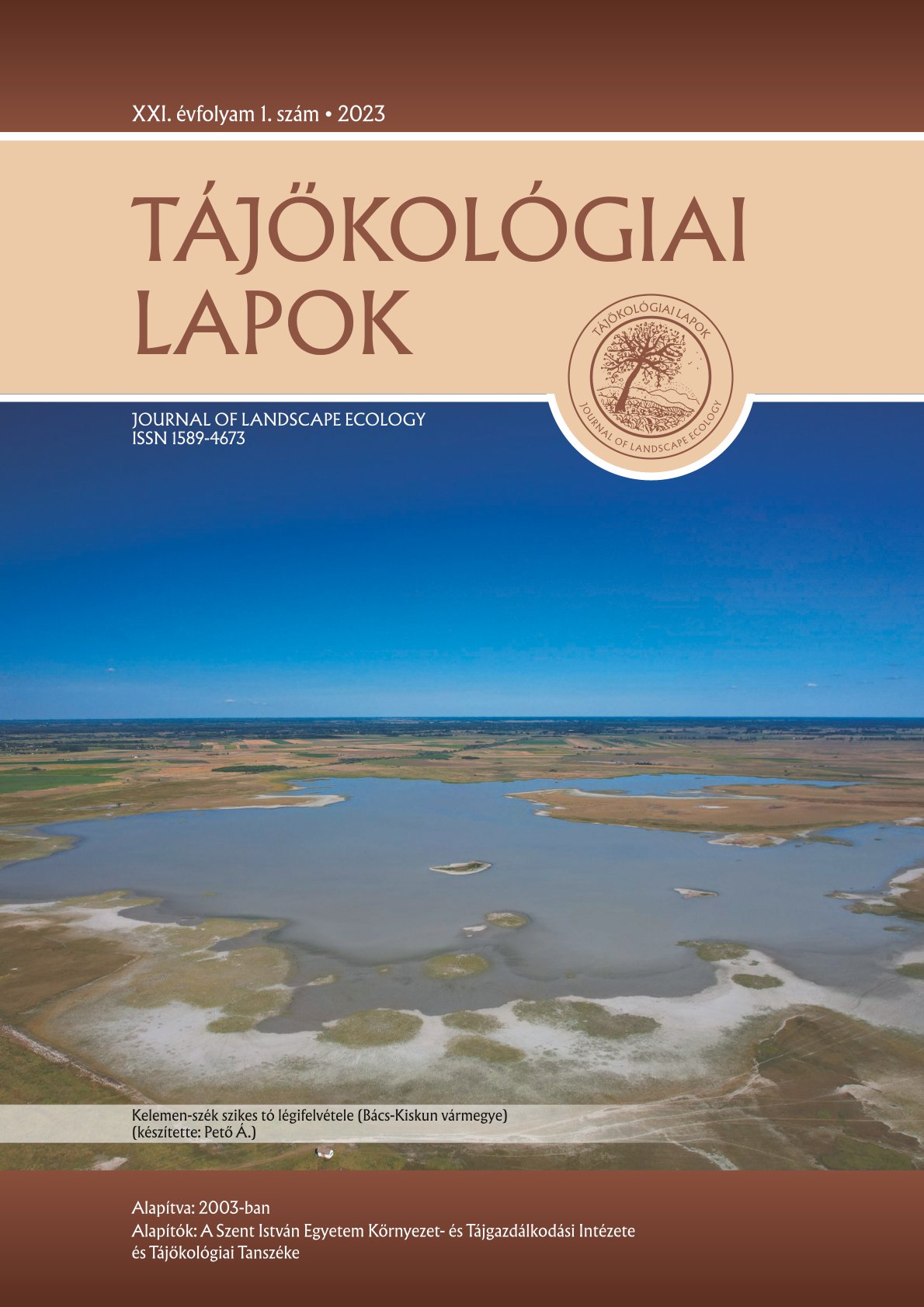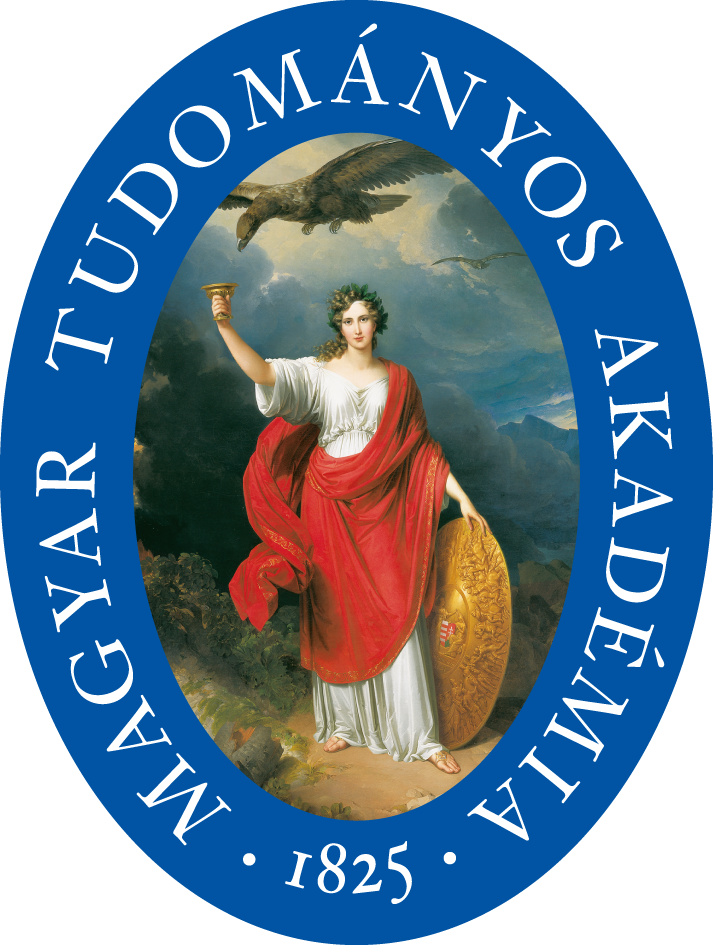Analysis of the effects of biological water quality parameters on the Szarvas Holt-Körös
DOI:
https://doi.org/10.56617/tl.4077Keywords:
biological water quality, chlorophyll-a, water quality, vertical distribution, phytoplanktonAbstract
One of the essential natural resources is water resource in Hungary. It is threatened by many threats, both quantitative and qualitative. For these reasons, the protection of surface water and groundwater is a priority. The main objective of the present study is to determine which parameters have the greatest influence on the horizontal and vertical distribution patterns of phytoplankton in the water body. The study area is the Holt-Körös, which plays an important ecological, social, economic and recreational role in the region. Between the field and laboratory tests, the following physical, chemical and biological water quality parameters were investigated: water temperature, UV radiation index, Secchi depth, underwater light condition, dissolved oxygen content, suspended solids content, chlorophyll-a content, Fe, NO2-, NO3- NH4+, PO43-, Na+, K+, Mg2+, and pH value.
References
Bíró M., Tóth T. 1998: A 18–19. század vegetációjának rekonstrukciója az elmúlt ezer év tájhasználatának tükrében a Hármas-Körös mentén. Crisicum, I: 18–34.
European Community 2000: Directive 2000/60/EC of the European Parliament and of the Council of 23 October 2000 establishing a framework for Community action in the field of water policy. Official Journal of the European Parliament, L327 (October 2000), pp. 1–82. DOI: https://doi.org/10.1039/ap9842100196
Felföldy L. 1974: A biológiai vízminősítés. Vízügyi Hidrobiológia 3, p. 234.
Felföldy L. 1981: A vizek környezettana általános hidrobiológia. Mezőgazdasági Kiadó, Budapest, p. 289.
Kiss Keve T. 1998: Bevezetés az algalógiába. ELTE Eötvös Kiadó, Budapest, p. 283.
Marosi S., Somogyi S. 1990: Magyarország kistájainak katasztere I-II. MTA Földrajztudományi Kutató Intézet, Budapest, p. 1023.
Padisák J. 2005: Általános Limnológia. ELTE Eötvös Kiadó, Budapest, p. 310.
Tóth T. 1999: A szarvasi Holt-Körös (Kákafoki-Holtág) környzet- és természetvédelmi problémái’. Szarvas: Nimfea TE 2001.
Reynolds, C. S. 2006: The Ecology of Phytoplankton. Cambridge University Press, Cambridge, p. 551. DOI: https://doi.org/10.1017/CBO9780511542145
Schumacher F., Waltner I., Sebők A., Grósz J. Biológiai vízminőségi paraméterek vizsgálata a Naplás-tavon. Tájökológiai Lapok, 20(2): 83–94. DOI: https://doi.org/10.56617/tl.3454
Zseni A., Bulla M. 2002: Vízminőségvédelem.Széchenyi István Egyetem, Építési és Környezetmérnöki Intézet, Győr, p. 168.
Zólyomi B. 1989: Magyarország természetes növényzete. Kartográfiai Vállalat, Budapest.
Downloads
Published
Issue
Section
License
Copyright (c) 2023 Grósz János, Halupka Gábor Ernő, Waltner István

This work is licensed under a Creative Commons Attribution-NonCommercial-NoDerivatives 4.0 International License.
A folyóirat Open Access (Gold). Cikkeire a Creative Commons 4.0 standard licenc alábbi típusa vonatkozik: CC-BY-NC-ND-4.0. Ennek értelmében a mű szabadon másolható, terjeszthető, bemutatható és előadható, azonban nem használható fel kereskedelmi célokra (NC), továbbá nem módosítható és nem készíthető belőle átdolgozás, származékos mű (ND). A licenc alapján a szerző vagy a jogosult által meghatározott módon fel kell tüntetni a szerző nevét és a szerzői mű címét (BY).












